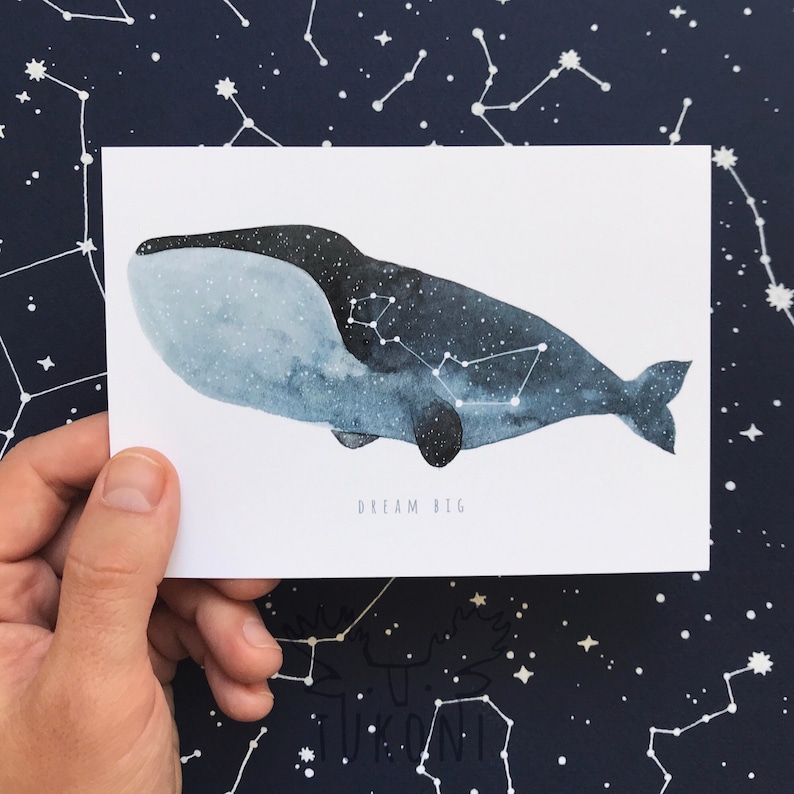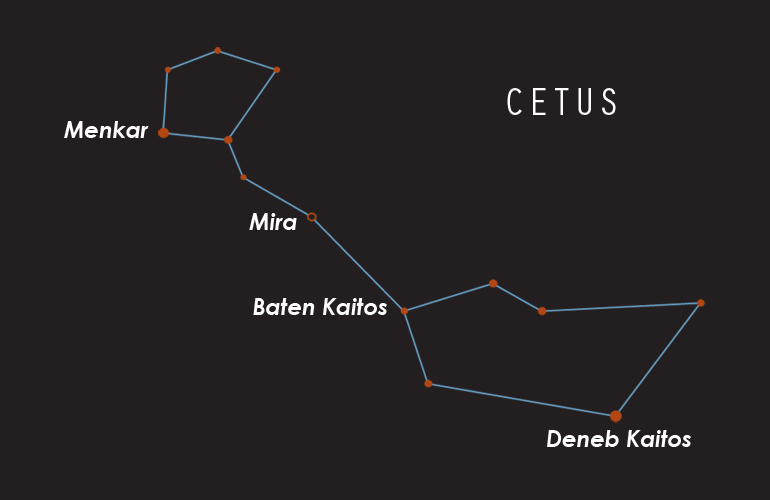

“Probably related to the word squall, a brief harsh cry, and squall, a brief sudden violent windstorm, to blow strongly for a brief period”, and squealĬetus undulates its scaly back ( Cetos convolvens squamea terga), it rises aloft upon a spiral of coils and splashes with such a belly as drove the sea beyond its proper shores when it appeared from the waves to destroy the daughter of Cepheus exposed upon the cliffs…” [The daughter of Cepheus is Andromeda Derivatives: whale, narwhal, rorqual, (these words from Old Norse hvalr, whale, from Germanic * hwalaz), squalene (from New Latin Squalus, shark genus from its occurrence in the liver oil of sharks, from Latin squalus, a sea fish), squalid (related to Latin squales filth, squalus filthy, squalere, to be covered with a rough or scaly layer). The word whale is from Old English hwael, and comes from the Indo-European root * kwal ‘Big fish’. squalus) is probably cognate with qalos, as in Germanic khwalaz (compare Old Saxon hwal, Old Norse hvalr, Old English hwæl, Middle Dutch wal, Old High German wal), possibly from an original qalos, with a general meaning of big fish, then constrained in its meaning in individual dialects. A large whale can hold as much as three tons. Spermaceti is derived from a wax in the Sperm Whale’s head. Derivatives of Latin cetus, Greek ketos: cetacean, cetaceous, cetene, cetyl (an alcoholic substance taken from whale wax and is called cetyl alcohol), sperma ceti. “At last, its frame riddled with stabs, through which the sea fills its body, the beast sinks, returns once more to the surface, and covers the mighty ocean with its massive corpse, still a fearful sight, and not for a maiden’s eyes to look on.” Ĭetus is a Latin word for the order Cetacea which includes the whales, dolphins, and porpoises. Yet not submitting to the hero the monster bites furiously at the breezes, though its teeth snap vainly and inflict no wounds it spouts forth sea towards heaven, drenches its winged assailant with a blood-stained deluge, and sends in spray the ocean to the stars… But as much as it rises hurtling up from the deep, always so much does Perseus fly higher and mock the sea-beast through the yielding air, and strike its head as it attacks. The beast rises to meet him, rears its head, twisting it out of the water, leaps aloft upon its support of winding coils, and towers high in the air with all its bulk. “Hereupon with a flutter of winged sandals Perseus flies upwards and from the skies hurls himself at the foe, driving home the weapon stained with the Gorgon’s blood. “What terror then, unhappy maiden, was expressed on your countenance, defended though you were by such a champion! How all your breath fled into the air! How all the blood ebbed from your limbs, when from the cleft in the rocks you beheld with your own eyes your fate, the avenging monster swimming towards you and driving the waves before it, how helpless you a victim for the sea! Ocean clamors in every quarter, and the very mountains and crags quake at the creature’s onset.

As it cleaves the waves, its head emerges and disgorges sea, the waters breaking loudly about its teeth and the swirling sea afloat in its very jaws behind rise its huge coils like rings of an enormous neckchain, and its back covers the whole sea.

“Now had a heavy surge begun to rise and long lines of breakers were fleeing before the thrust of the massive monster. Manilius in Astronomica tells of the drama of the sea-monster, Cetus, coming to devour Andromeda Cetus is positioned on the banks of the River Eridanus, the other side of his body is bordered by the constellation Pisces Cetus, the whale, or Sea Monster, has been identified, at least since Aratos’ day (3rd century B.C.), with the fabled creature sent by Neptune (Poseidon) to devour Andromeda, but turned to stone at the sight of the Medusa’s head ( Algol) in the hand of Perseus.


 0 kommentar(er)
0 kommentar(er)
